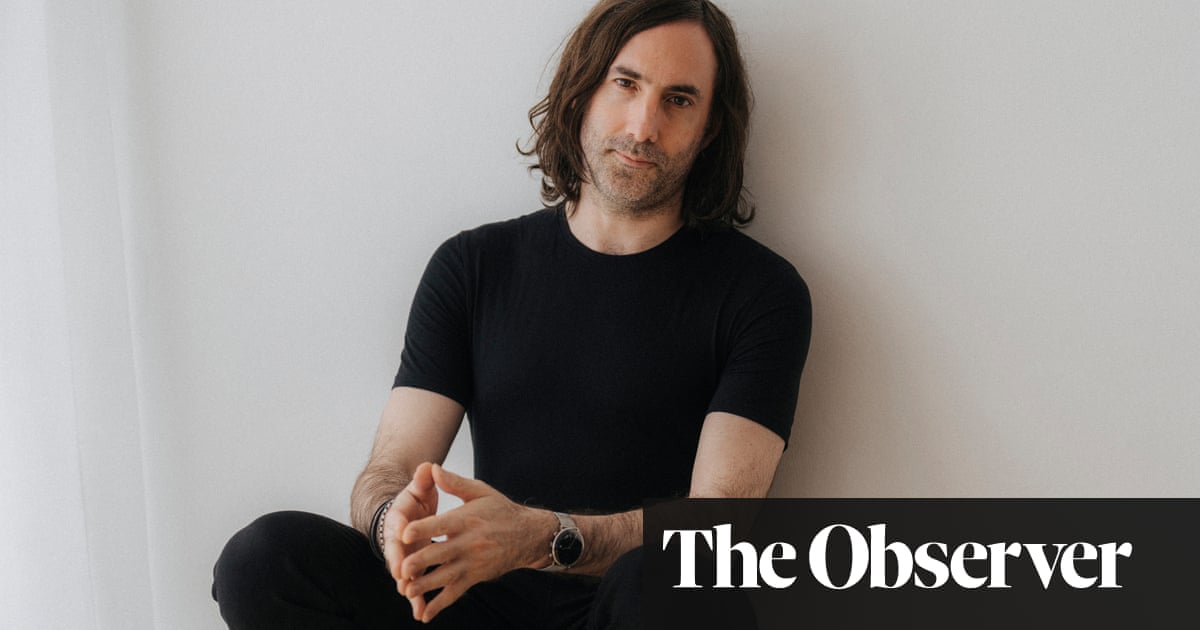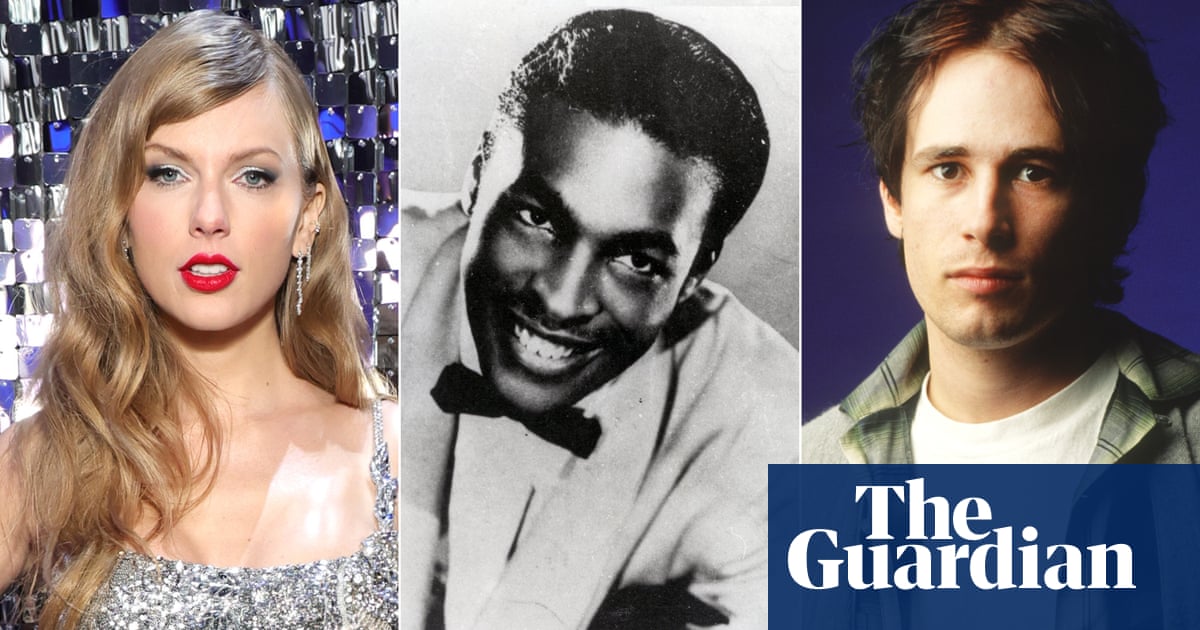
When I was 14, my family moved from Sydney to London. Before we left a friend pulled me aside, eyes wide with envy, and said, “You know, you can be anyone you want now. You can totally reinvent yourself.” This was before social media, when the idea of a personal online history following us across an ocean like a problematic ex wasn’t a thing.
At the time I felt there was a bright, aspirational magic to my friend’s words. To the idea of starting over. Becoming someone different. Better.
I often wonder if that’s the moment the seed was planted, setting in motion years of chasing the brand-new, perfect version of myself. A whole new me was only the next Monday, the next move, the next new year resolution away.
Self-improvement discourse is rife with the promise of fresh starts: the idea that, with enough motivation, the right day of the week and a new diary, we can leave our mistakes and bad habits behind and emerge into the blinding potential we were always destined for.
This hunger for overnight improvement is even used as a marketing tool. On the website of research and consulting firm, a blog post titled How to Motivate Users with New Beginnings reads: “If a site knows its users’ birthdates then it could take advantage of that extra motivation that happens around the end of a decade”.
The post goes on to encourage businesses to leverage users’ “desires to distance themselves from an imperfect past self” and “nudge users in a direction’ that leads to a sale”.
Well, that’s great for capitalism, but after hundreds of false fresh starts over the years – aborted diets, discontinued meditation routines and half-finished novels shoved in the drawer – I began to wonder if I was being sold a myth. Where she was, this illusive, better self I could sense hovering just out of reach? Or, rather, why would she so often appear but never stay?
Maybe I should blame reality TV makeover shows. I’ve always had a thing for them – not the controversial ones, of course. Most of us agree, at least publicly (after we’ve guiltily finished binging the season) that The Biggest Loser and its toxic fatphobia can get directly in the bin. But I am a fan of the shows lauded for reinventing the reality makeover genre: Queer Eye and Tidying up with Marie Kondo.
Let’s call them branded, softcore self-improvement stories. Wholesome, condensed how-to guides for a new life filled with affirmations, goal setting and the type of introspection that’s sure to lead to permanent, positive change.
Because I know, don’t I? As much as I want it to, drastic change can’t – and shouldn’t – happen overnight. And yet, despite the producers’ probable intentions to the contrary, there it is perpetuated on my screen. Hour-long episodes which feed the hunger for a fast-tracked completion, thanks to the very fact that they end, cutting to credits while the transformed subject is still smiling.
I know I’m not alone. “This is it,” reads a recent tweet by social psychologist Jaclyn A. Siegel. “This is the notebook that will help me get my life together.” It’s had almost 60,000 likes. “I feel attacked!” users reply. “Why do I actually think this will happen though?”
It would be so nice, wouldn’t it? If something as simple as a notebook could change our habits overnight. Those blank pages. The physical representation of our fresh start. It’s almost religious. A sense of being born again. And this time, I won’t screw it up (cut to credits).
But I always did: screw it up, that is. It didn’t take much, particularly with diet and exercise – an unplanned slice of office birthday cake, or a missed spin class. A week could go from “new me” to “write-off” in the blink of an eye, the remaining days a sordid opportunity to revel in my failure, until Monday rolled around and I could start again (again).
This went on for years, and all this time I was trying to write a young adult novel. It was about a 16-year-old girl with disordered eating who deletes all her social media in a symbolic act of rebirth and tries to reinvent herself at a new school. Write what you know, they say. The writing wasn’t going well. Or, rather, it was going well for a few chapters in my brand-new notebook, then I would run headlong into a plot hurdle, declare myself a failure and quit.
“It’s called an unrelenting standards schema,” my psychologist told me.
Perfectionism. Fresh startism. All-or-nothing. Perfectionists aren’t great at swimming through the murky grey of slow and steady self-improvement, the kind that leads to meaningful change. Where inertia or regression isn’t failure, and it doesn’t take a Monday to get going.
So we diet then binge, buy new stationery, sign up to a gym and swing wildly between our new and old selves, wondering when our real lives will finally begin.
It was a relief, honestly, discovering that I was simply a victim of my schema, lost in a sea of all-or-nothing thinking inspired by a problematic self-improvement discourse. That the shimmering, perfect-from-now-on self I was reaching for doesn’t exist, because her story keeps going after the credits roll. While change is possible, it’s rarely linear. Any pledge for self-improvement that assumes we can sever off our less desirable personality traits is a lie.
I finally finished my book, the one I wish I’d read as a teenager, about a girl who discovers imperfections are part of being human and learns to see the world with a little more nuance. The process of slowly but surely reworking the manuscript into something that isn’t perfect, but is wholly me, helped reframe my thinking about meaningful change.
Is there such a thing as a whole new me? I wouldn’t know. Most days, I’ve stopped searching for her.
Sadie Starr’s Guide to Starting Over by Miranda Luby is out now with Text Publishing












